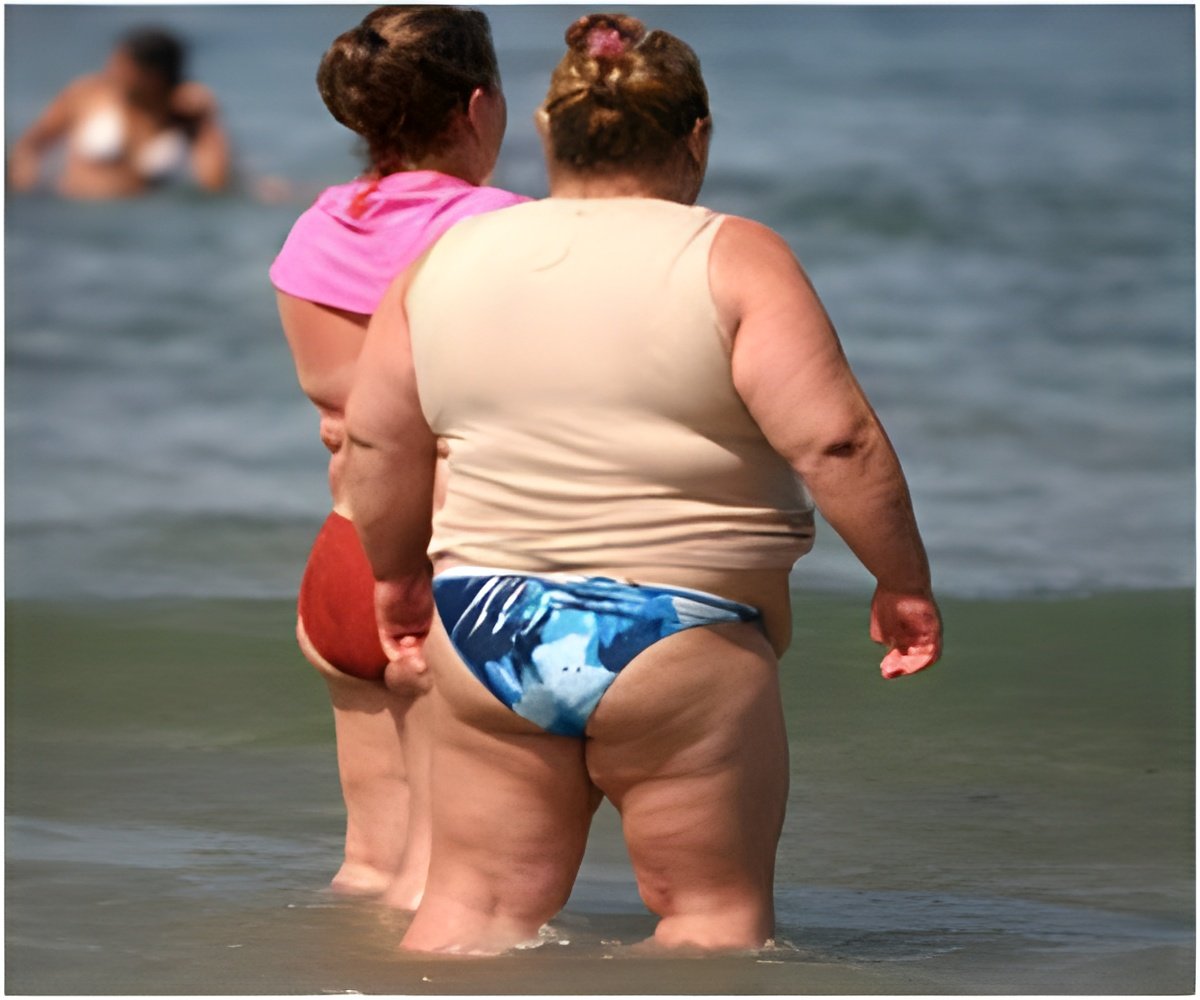As the United States confronts the growing epidemic of obesity among children and adults, a team of University of Colorado School of Medicine obesity researchers

"A healthy body weight is best maintained with a higher level of physical activity than is typical today and with an energy intake that matches," explained Hill, professor of pediatrics and medicine and executive director of the Anschutz Health and Wellness Center at the University of Colorado Anschutz Medical Campus and the lead author of the paper. "We are not going to reduce obesity by focusing only on reducing food intake. Without increasing physical activity in the population we are simply promoting unsustainable levels of food restriction. This strategy hasn't worked so far and it is not likely to work in the future.
As Dr. Hill explains, "What we are really talking about is changing the message from 'Eat Less, Move More" to 'Move More, Eat Smarter.' "
The authors argue that preventing excessive weight gain is a more achievable goal than treating obesity once it is present. Here, the researchers stress that reducing calorie intake by 100 calories a day would prevent weight gain in 90 percent of the adult population and is achievable through small increases in physical activity and small changes in food intake.
People who have a low level of physical activity have trouble achieving energy balance because they must constantly use food restriction to match energy intake to a low level of energy expenditure. Constant food restriction is difficult to maintain long-term and when it cannot be maintained, the result is positive energy balance (when the calories consumed are greater than the calories expended) and an increase in body mass, of which 60 percent to 80 percent is usually body fat. The increasing body mass elevates energy expenditure and helps reestablish energy balance. In fact, the researchers speculate that becoming obese may be the only way to achieve energy balance when living a sedentary lifestyle in a food-abundant environment.
Using an exhaustive review of the energy balance literature as the basis, the researchers also refuted the popular theory that escalating obesity rates can be attributed exclusively to two factors -- the change in the American diet and the rise in overall energy intake without a compensatory increase in energy expenditure. Using rough estimates of increases in food intake and decreases in physical activity from 1971 to 2000, the researchers calculated that were it not for the physiological processes that produce energy balance, American adults would have experienced a 30 to 80 fold increase in weight gain during that period, which demonstrates why it is not realistic to attribute obesity solely to caloric intake or physical activity levels. In fact, energy expenditure has dropped dramatically over the past century as our lives now require much less physical activity just to get through the day. The authors argue that this drop in energy expenditure was a necessary prerequisite for the current obesity problem, which necessitates adding a greater level of physical activity back into our modern lives.
Advertisement
In addition, the researchers conclude that food restriction alone is not effective in reducing obesity, explaining that although caloric restriction produces weight loss, this process triggers hunger and the body's natural defense to preserve existing body weight, which leads to a lower resting metabolic rate and notable changes in how the body burns calories. As a result, energy requirements after weight loss can be reduced from 170 to 250 calories for a 10 percent weight loss and from 325 to 480 calories for a 20 percent weight loss. These findings provide insight concerning weight loss plateau and the common occurrence of regaining weight after completing a weight loss regimen.
Advertisement
Source-Eurekalert














